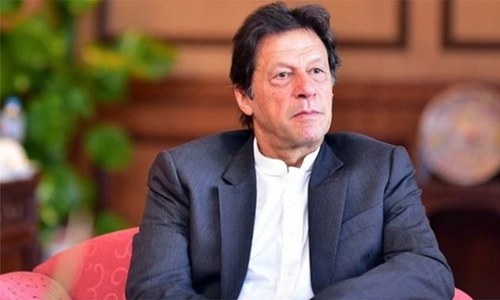WASHINGTON: Pakistan showcased its data innovation and digital delivery system at a World Bank conference in Washington this week where speakers underlined the need for using technology to deal with crises like the Covid-19 pandemic.
The organisers pointed out that the pandemic had exacerbated South Asia’s vulnerabilities and reversed much of the recent gains in human development. An estimated 5.5 million children may drop out of school in South Asia due to Covid-related income losses. This is more than half of all global dropouts.
The organisers, however, noted that such “deep disruptions” had shifted focus on digitalisation and the use of converging technologies for delivering health, education, social protection services, and on building future pandemic and climate resilience.
Special Assistant to the Prime Minister on Poverty Alleviation and Social Protection Dr Sania Nishtar, who represented Pakistan at the 7th One South Asia conference, informed the participants how Pakistan dealt with the pandemic.
Later, at a dinner at the Pakistan Embassy in Washington, she recalled how the pandemic brought life “to standstill in March 2020,” forcing the government to choose between a lockdown or a widespread viral infection.
“A country with 15 million breadwinners could not afford a complete lockdown” as it would have caused many to starve, she said. The government, she added, successfully applied a combination of precautionary measures and smart lockdowns to overcome the pandemic.
“Using cell phone SMS messaging, internet connectivity, national IDs, and the capability of commercial banks,” Pakistan created a demand-based system, she said. “This enabled those in distress to seek social support during a crisis.”
Urging others to learn from Pakistan’s experience, Dr Nishtar said the government succeeded in creating “an adaptive system which contributes to resilience at a larger scale”.
But “data innovations and digital delivery systems can only be deployed when there is a commitment to integrity, transparency, and accountability,” she added. Pakistan also showed “how cash transfer can be used to counter the socio-economic fallout from a long-term predicament like Covid-19”, she said.
The 7th One South Asia conversation focused on challenges of leveraging technologies to build human capital and help South Asia manage risks and shocks.
Cecile Fruman, the World Bank’s director of regional integration and engagement for South Asia, moderated the event. Dr Khondekar A. Mamum, Bangladesh, Rabi Karmacharya, Nepal and Anita Gurumurthy, India, also spoke.
Published in Dawn, September 18th, 2021















































